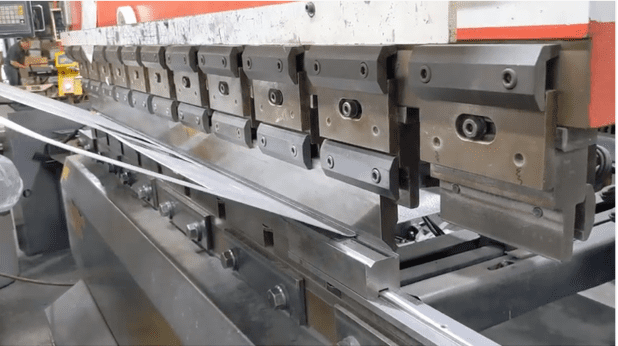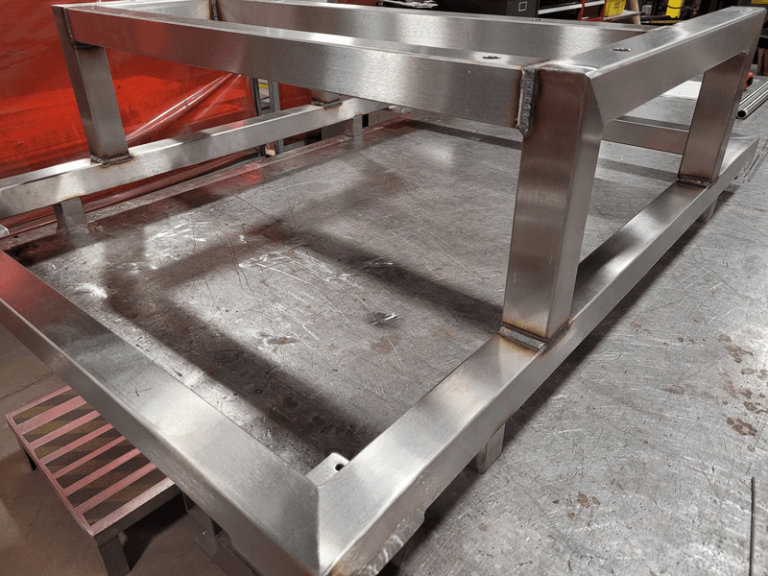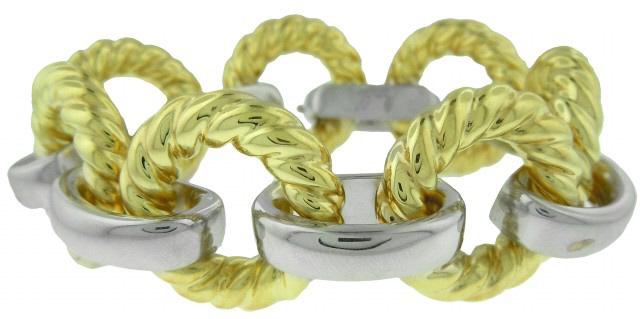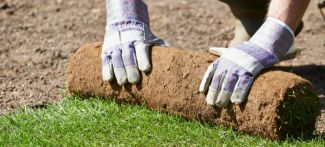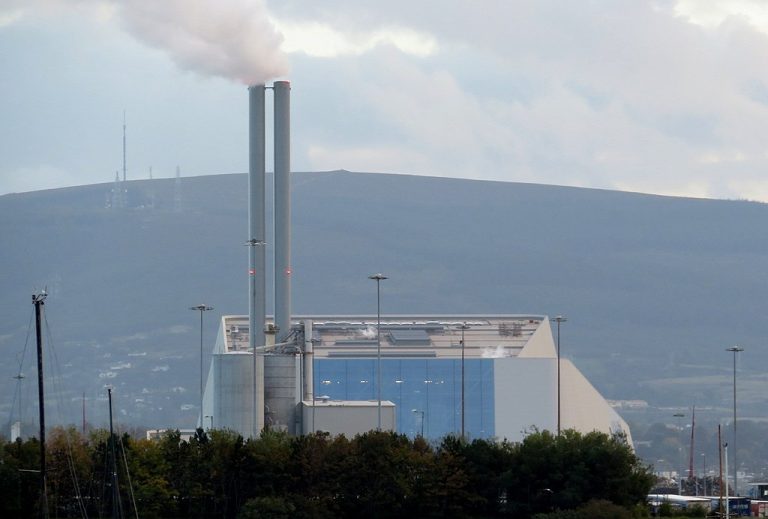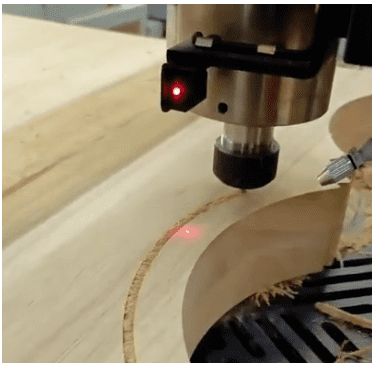The Essential Guide to Fasteners: Types, Uses, and Benefits
Fasteners are critical components in construction, manufacturing, and various DIY projects. Understanding the different types of fasteners, their applications, and benefits can help ensure the durability and effectiveness of any project. This guide delves into the most common fasteners, their characteristics, and how they relate to materials like geocomposite.
What are the main types of fasteners?
The main types of fasteners include screws, bolts, nuts, washers, rivets, and anchors. Each type serves specific purposes, from holding materials together to providing stability and support.
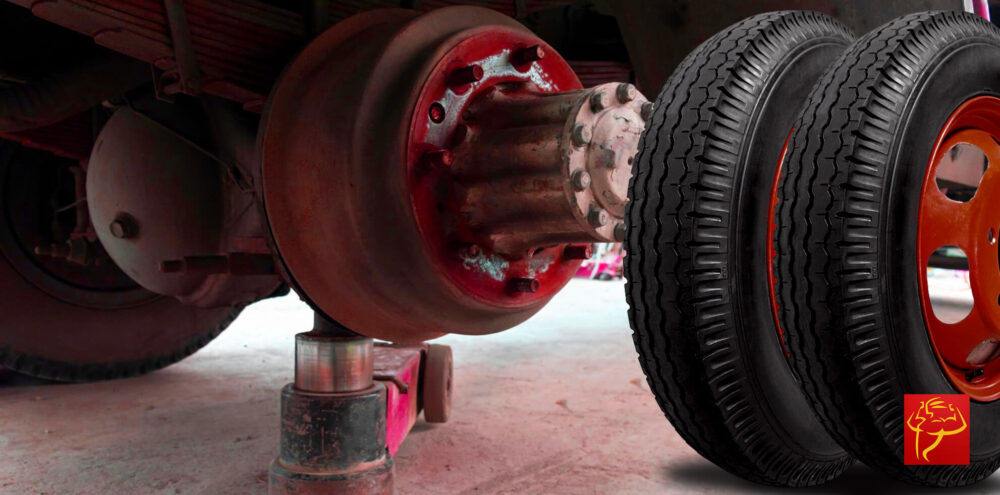
How do I choose the right fastener for my project?
To choose the right fastener, consider factors like the materials being joined, the required strength, environmental conditions, and whether a permanent or temporary hold is needed. For instance, geocomposite materials may require specialized fasteners for effective installation.
What are the benefits of using high-quality fasteners?
High-quality fasteners enhance structural integrity, reduce the risk of failure, and improve longevity. They also resist corrosion and environmental degradation, making them ideal for both indoor and outdoor applications.
Can fasteners be reused?
Some fasteners, like screws and bolts, can be reused if they remain in good condition. However, it’s essential to inspect them for wear and tear, especially in critical applications where safety is a concern.
Fasteners play a vital role in ensuring the strength and reliability of various structures and projects. By understanding the types of fasteners available and their specific uses, you can make informed decisions that enhance the overall quality of your work. Remember to consider compatibility with materials like geocomposite for optimal results.
